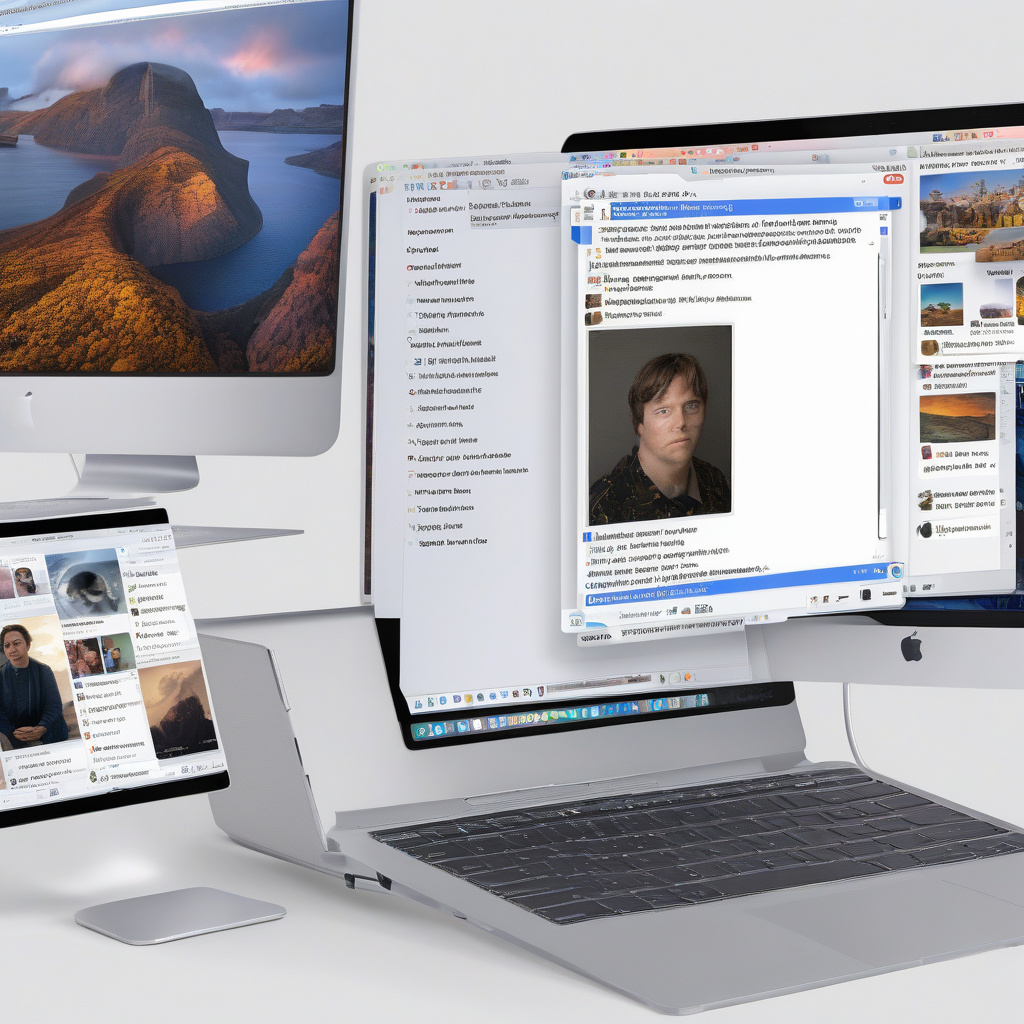Meta, the parent company of Facebook, has recently announced its decision to shut down the Messenger desktop apps for Mac and Windows. This move signals a significant shift in how users will interact with the messaging platform. Starting December 15, users will no longer be able to log into the apps and will be automatically redirected to the Facebook website to access Messenger.
This decision by Meta to discontinue the desktop apps reflects a broader trend in the tech industry towards streamlining services and focusing on web-based platforms. While some users may lament the loss of the dedicated desktop apps, this change could ultimately lead to a more unified and seamless messaging experience across devices.
For many users, the convenience of having a standalone Messenger app on their desktop has been a key selling point. The ability to access messages without having to navigate through a web browser has been a time-saving feature for those who rely on Messenger for both personal and professional communication.
However, with the shift towards web-based platforms, Meta is likely aiming to consolidate its resources and focus on improving the overall user experience on the Facebook website. By redirecting users to the website instead of maintaining separate desktop apps, Meta can ensure a consistent user interface and feature set across all devices.
Despite the initial inconvenience of having to access Messenger through the Facebook website, this change could ultimately lead to a more cohesive messaging experience. Users will be able to seamlessly switch between devices without any loss of functionality or features, ensuring a more integrated communication experience.
It’s important for users to stay informed about these changes and adapt their workflows accordingly. While the shutdown of the Messenger desktop apps may come as a surprise to some, it reflects Meta’s broader strategy of optimizing its services for a more connected and streamlined user experience.
In conclusion, the decision by Meta to shut down the Messenger desktop apps for Mac and Windows represents a significant shift in how users will interact with the platform. While this change may require some adjustment, it ultimately reflects a broader trend towards web-based platforms and a more unified messaging experience across devices. Stay tuned for further updates as Meta continues to evolve its services in response to changing user needs and technological advancements.

